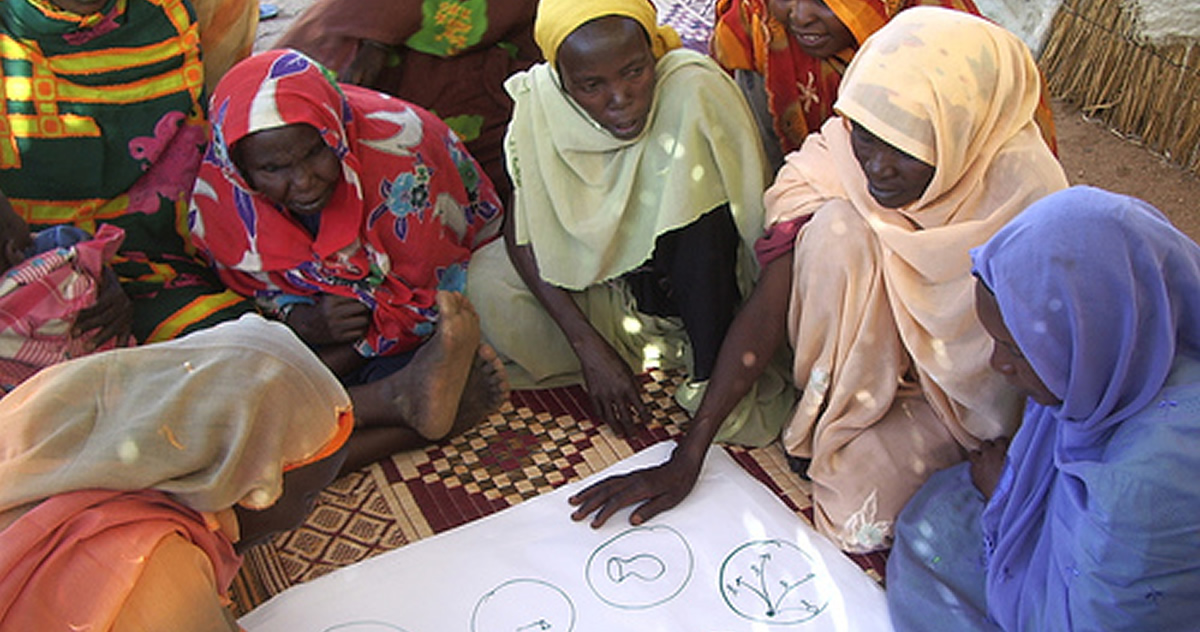 What is a project?
What is a project?
There are many definitions for what constitutes a project; some of these definitions describe the nature of a project and how it differs from other type of work, the descriptions used to define a project include the following:
- A temporary process, which has a clearly defined start and end time, a set of tasks, and a budget, that is developed to accomplish a well-defined goal or objective.
- A temporary effort of sequential activities designed to accomplish a unique purpose
- A group of inter-related activities, constrained by time, cost, and scope, designed to deliver a unique purpose
- An undertaking that encompasses a set of tasks or activities having a definable starting point and well defined objectives.
- A clear set of activities with related inputs and outputs aimed to achieve objectives and goals linked to anticipated (desired) effects and impacts in a target population
From all these descriptions, one can see that there are some specific attributes that define a project and separate it from most ordinary work:
- A project has a beginning and an end.
- A project has limited resources
- A project follows a planned, organized method to meet its objectives with specific goals of quality and performance.
- Every project is unique
What is project management?
Here are some of the standard definitions of project management:
- According to “A Guide to the Project Management Body of Knowledge, PMI, Third Edition”, “Project management is the application of knowledge, skills, tools, and techniques to a broad range of activities in order to meet the requirements of a particular project”.
- The ISO 10006, a standard for quality in project management defines it as; “Unique process consisting of a set of coordinated and controlled activities with start and finish dates, undertaken to achieve an objective conforming to specific requirements, including constraints of time, cost and resources”.
- PRINCE2, the UK standard for project management, has this definition: “a temporary organization that is needed to produce a unique and predefined outcome or result at a pre-specified time using predetermined resources”. I
- PMA, the International Project Management Association, defines a project as “a time and cost constrained operation to realize a set of defined deliverables up to quality standards and requirements”.
In other words, project management is the planning, implementing, and monitoring of project activities to meet project objectives, achieved by effectively controlling and balancing the constraint of time, cost, and scope in producing quality deliverables that meet or exceed the expectations of the project stakeholders.
Want to learn more? Register for the next session of our online course, Fundamentals of Project Management for Development Organizations and NGOs. Register now and obtain a 20% discount with the promo code 20FPM. Click on the link to find out more about this course. https://www.pm4dev.com/elearn/ecourses/efpm.html






